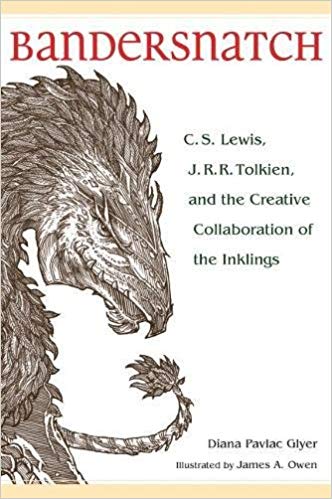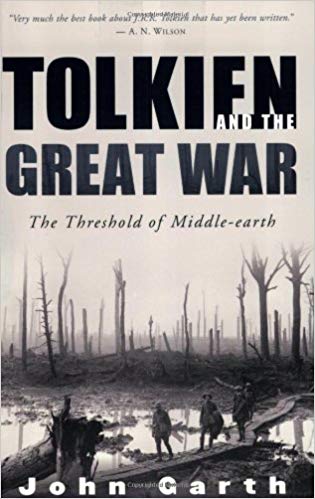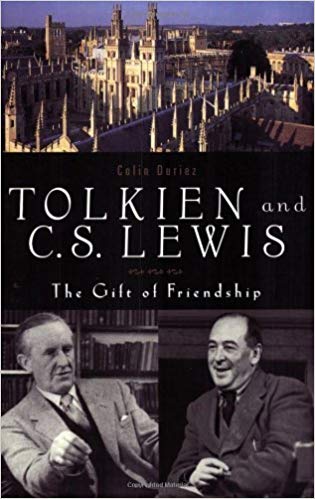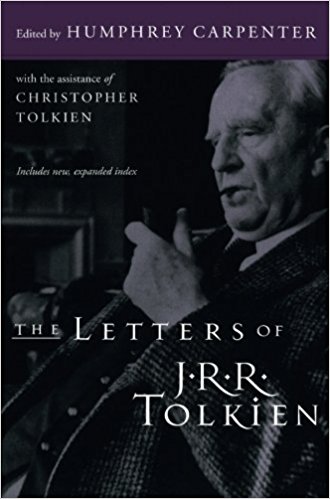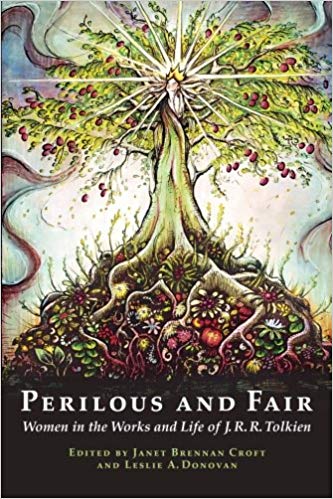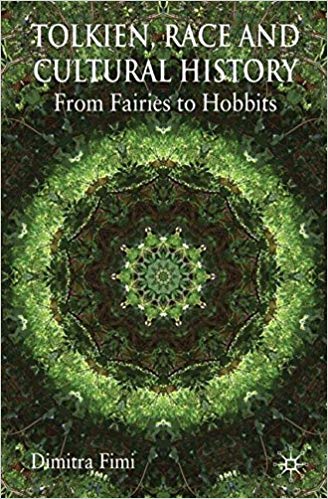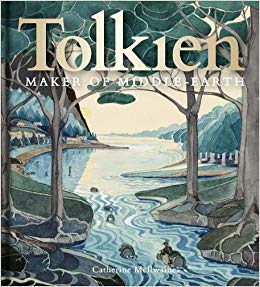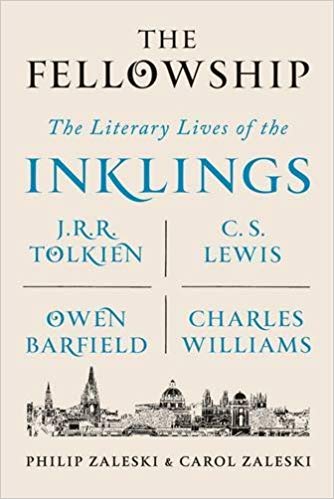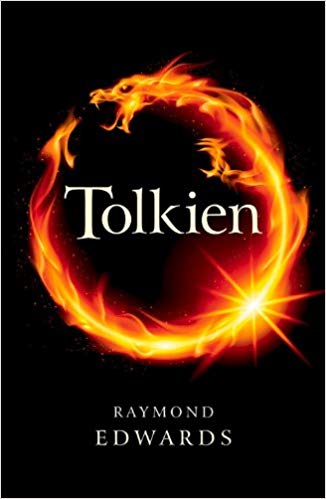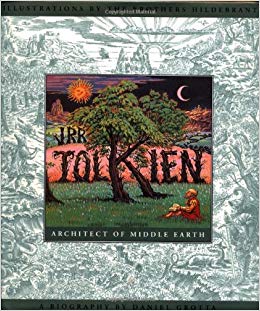There are so many books that propose to be authoritative and essential to studying Tolkien and/or Middle-earth that I thought it might be helpful for me to put together a list of recommended books. This list is focused specifically on reference books: encyclopedias, dictionaries, atlases, guides, companions, etc.I have already addressed biographies in a separate post.
In a way, this will help readers interested in digging deeper to avoid texts that may have inaccuracies or fabrications.
I have split my list into books that I recommend and books that I do not recommend. There are, of course, many more reference works that I have not commented on. This is not meant to be an exhaustive list. I welcome feedback and additions in the comments!
Many thanks to Dimitra Fimi, Andrew Higgins, Jeremy Edmonds, James Tauber, Shaun Gunner, and Nelson Goering for sharing their thoughts with me as I compiled this list (any inaccuracies that persist, however, are my own)!
One final thing: I try to make as much public content as possible. So please, while you are here, look around the site at the resources and the archives. If you like what you see, come back often, and maybe even consider visiting the Support page.
Recommended

Tolkien’s World from A to Z: The Complete Guide to Middle-earth by Robert Foster
A strong candidate for the most useful reference book for Middle-earth. It offers simple definitions like a dictionary, and also has citation of where to find important passages (unlike the Tyler book below, which lacks the references).

The Lord of The Rings: A Reader’s Companion by Wayne Hammond and Christina Scull
This is a very informative and helpful volume with a lot contextual information about The Lord of the Rings. It also includes some previously unpublished primary material.
2006 Mythopoeic Award Winner for Inklings Studies

The J.R.R. Tolkien Companion and Guide (second edition) by Christina Scull and Wayne Hammond
This is an excellent resource and is essential for scholars. If you only want a casual introduction, however, this is not the book for you because of its heavy price tag. Please note that the newer edition has three volumes instead of two.
2007 Mythopoeic Award Winner for Inklings Studies

The Atlas of Middle-earth (Revised Edition) by Karen Wynn Fonstad
There are two books that propose to be atlases of Tolkien’s world (see the Strachey book below). This is the more popular of the two, and I must admit that I use it more often simply because it has maps for the first and second ages. It isn’t perfect, but it is certainly helpful.

The Annotated Hobbit (Revised and Expanded Edition) by Douglas A. Anderson
This functions very similarly to the Hammond and Scull book above, but focuses in on The Hobbit with a lot of extra-textual information and context.

Tolkien: Maker of Middle-earth by Catherine McIlwaine
Although it’s original intent as a catalogue for the exhibition it accompanied does limit it’s scope (compared to other reference works) it is a very useful piece for knowing more about Tolkien and about artifacts in his life. Personally, I view it as more of a biography (which is why it is listed in my post about biographies), but I have caved to pressure to put it here as well. There is great production value in this book!.

J.R.R. Tolkien Encyclopedia edited by Michael D.C. Drout
This one is more of a specialist text, and the price reflects that. It is not essential to understanding Tolkien’s work, but it has a lot of entries that help to contextualize the work and explain different facets of it.

J.R.R. Tolkien: Artist and Illustrator by Wayne Hammond and Christina Scull
This text, along with The Art of the Lord of the Rings and The Art of The Hobbit (also by Hammond and Scull) are seminal works for looking at Tolkien’s achievements and development as an artist. Again, there is a very high production value on these books! (Not to be confused with other texts with similar titles but different editors.)

The Complete Tolkien Companion by J.E.A. Tyler
This newer edition incorporates material from Unfinished Tales and parts of History of Middle-earth, so don’t confuse it with the earlier editions with slightly different titles. A useful text but, as noted above, it lacks the references which would make it more useful.

An Introduction to Elvish by Jim Allan
This is the best guide to elvish currently available. It is dated and there had been a lot of new material published since, but it is still a useful guide to methodology. There is ongoing work on Tolkien’s languages by the Elven Linguistic Fellowship. (See free resources below for more.)

Journeys of Frodo by Barbara Strachey
This is a decent atlas, although it does have some problems with scaling. As I said above, this book is more specific than the Fonstad atlas so I end up not using it as much. (This one is a bit older so it is hard to find in as usable a condition, but the maps are all on a single page, so the part you want is never buried in the binding.)

Tolkien’s Library by Oronzo Cilli
This book is an attempt to catalogue the books that Tolkien owned, read, or referenced. A couple of people have made qualms about parts of the text, but overall it remains a helpful guide.

Flora and Fauna of Middle-earth by Walter S. Judd and Graham A. Judd
I have put this as the last recommended text because, in some ways, it is not strictly a reference work. At times, the authors speculate what plants could be the inspiration for or equivalent of those found in Middle-earth. This isn’t quite the intent of a stereotypical reference book, but it is an interesting resource nonetheless.
Not Recommended

The Languages of Tolkien’s Middle-earth by Ruth S. Noel
An early attempt to make sense of Tolkien’s languages that has not aged well.

David Day Texts
David Day is frequently disparaged in discussions about Tolkien reference books. I will just mention two concerns: First, there are errors and spaces where Day seems to suggest that something is of Tolkien’s invention when it is in fact his own. Second, the various books with his name often seem to repackage the same information in different ways. (Day has claimed that the various reprints are the fault of his publisher.) Unfortunately, these reprints never seem to incorporate corrections to errors pointed out in previous editions.
It is best to avoid all David Day books.
Free Resources
Every fledgling scholar or fan wanting to dig deeper knows the importance of free resources, so here are some credible online resources to help you expand your knowledge pool:
Mythlore: this is the peer-reviewed journal of the Mythopoeic society. The journal is Open Access and is available online.
Journal of Tolkien Research: This is another Open Access Online journal that is peer-reviewed by very reputable Tolkien scholars.
LOTRProject.com: This website, created by Emil Johansson, has a lot of very useful resources like family trees, maps, and calendars
Elvish.org: This is the homepage for the Elvish Linguistic Fellowship, and it is the source for the most up-to-date information about Tolkien’s languages. Of particular note is this essay by Hostetter.
The Tolkien Art Index: Scholar Erik Mueller-Harder has compiled a useful index of every piece of art by Tolkien.
LR Citations: Another helpful tool by Erik Mueller-Harder that lets you cross-reference different settings and editions of The Lord of the Rings.
Ardalambion: This is an online guide to Tolkien’s invented languages.
Digital Tolkien: James Tauber has many useful projects in the work. The most complete is a catalogue of textual variants in print copies of The Silmarillion.
Tolkien Gateway: This is a fan-run online encyclopedia. It has good entries for many topics about Tolkien and his work.
As I said at the beginning, this is not an exhaustive list. I only had a couple of hours to spend pulling it all together. I welcome and encourage feedback in the comments! I will occasionally update this list to reflect new developments!











